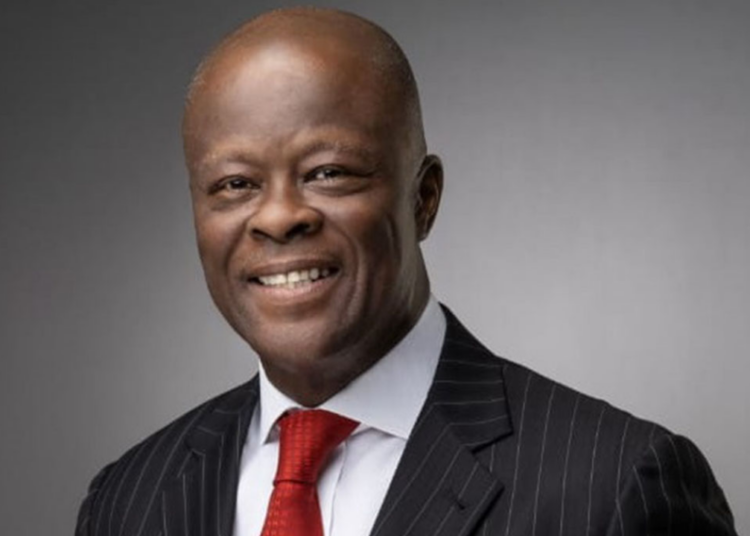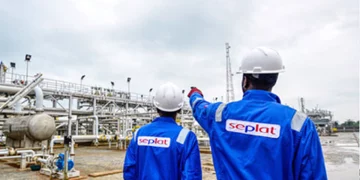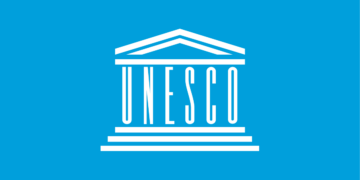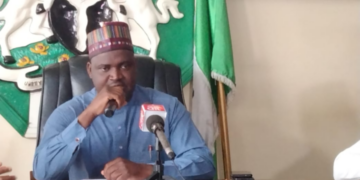The federal government is set to formally unveil the Equipment Leasing Registration Authority (ELRA) on Tuesday, November 7, 2023, in Abuja, the Federal Capital Territory (FCT).
According to a press statement personally signed by ELRA executive chairman, Engr. Saidu Njidda, the unveiling ceremony which is to be performed by the minister of finance and coordinating minister of the economy, Mr Wale Edun, would enable the Authority to play the role of a key driver and facilitator of two of the 8-point agenda of the President Bola Tinubu administration – ‘Access to Capital and Job Creation’.
ELRA Board was inaugurated in May 2023 by the former minister of finance, budget and national planning, Zainab Shamsuna Ahmed, following the establishment of the Authority, pursuant to Section 8 of the Equipment Leasing Act, 2015.
The inaugurated board comprises 11 members, including executive chairman, Engr. Saidu Njidda; registrar/secretary, Barr. Bassey Imoh; one representative each from the CBN, SMEDAN, NACCIMA, Federal Ministry of Finance, Federal Ministry of Justice, Federal Ministry of Trade and Investment, and three representatives from the Equipment Leasing Association of Nigeria, the umbrella body of lessors, which sponsored the establishment Bill.
In the statement, the executive chairman of the Board of ELRA observed that the implementation of the Equipment Leasing Act, a viable alternative to bank loans, heralds a new area of enhanced revenue generation given that the industry is capable of generating an estimated total volume of $1.5trillion globally, accounting for 20% of total investment in equipment and contributing about 1.5% of Gross Domestic Product (GDP).
Engr. Njidda also noted that equipment leasing as an alternative and significant source of finance to loans, has been immensely contributing to capital formation in the global economy with its wide usage in many countries for the acquisition of capital assets.
He highlighted that the major players in the Leasing industry in Africa include South Africa, Morocco and Nigeria, which are ranked amongst the top 50 leasing ountries in the world with Ghana, Rwanda, Egypt, Kenya, Tunisia and Angola playing significant roles.
The ELRA boss further observed that in Nigeria, particularly over the last 10 years, leasing has contributed over ₦14.3 trillion to the country’s GDP and continues to be more relevant, especially under the prevailing situation where access to finance is difficult, especially for Micro, Small and Medium Scale Enterprises (MSMEs).
“The whole essence of Leasing is to enhance the planning, improvement and development of any economy, by building and supporting productive ventures, through capital formation, generating employment and creating wealth,” he stated.
Njidda stressed that despite the importance of leasing as a financing option to Nigeria’s industry sector players and the Eeonomy, the penetration rate in Nigeria was still very low which currently stands at less than one per cent when compared to the potential of the Nigeria economy, and in other developed economies like Europe and America where the penetration is as high as 28 per cent.
The ELRA chairman explained that the major players in the leasing industry are the lessors, who provide the asset to be leased and sometimes with other auxiliary services, the lessee who is the user of the equipment and has possession of the equipment or asset but not the title, the supplier who sells and assures the performance and suitability of the asset, the financier, who gives out money as the raw material of leasing and the leasing broker who sometimes facilitates the lease as an intermediary with manufacturer and financier.
He also pointed to the lease professionals who structure and manage the lease, and the government who plays a vital role in the industry in terms of policy formulations, the legal framework, tax, accounting and other regulatory policies.
“It is pertinent to point out that the conduct and roles of the players mentioned above are the keys in stabilizing and supporting a healthier leasing industry Ecosystem which the Authority seeks to regulate with support from Government,” he stated.
He listed the major challenges of lease penetration as the poor inflow of Direct Foreign Investment (DFI) in the lease industry, and lessor’s apathy to some categories of leasing, among others, which he attributed to the absence of government support through the regulatory environment and financial intervention to grow the sector and enhance its contribution to Nigeria (GDP).
Engr. Njidda expressed optimism that with the passage of the ELRA Act and the full take-off of the Authority, the fraudulent and unscrupulous practices of transacting parties including the manufacturers will be identified and handled accordingly, adding that this will no doubt fill the gap and bring out a comparative advantage in driving the equipment leasing sector to developed status, from the existing scenario of developing status through the introduction of appropriate policies, guidelines and standing orders that will shape up and sanitise the industry.
We’ve got the edge. Get real-time reports, breaking scoops, and exclusive angles delivered straight to your phone. Don’t settle for stale news. Join LEADERSHIP NEWS on WhatsApp for 24/7 updates →
Join Our WhatsApp Channel










